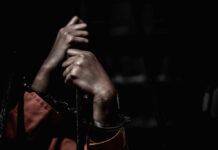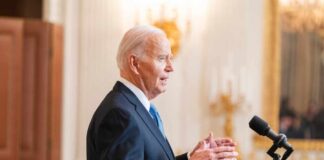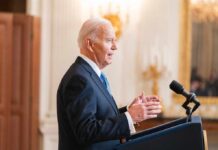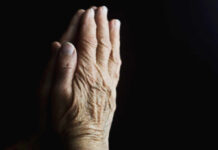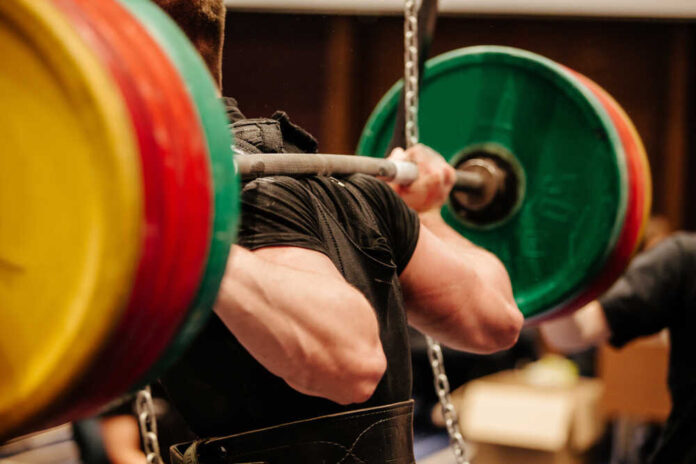
USA Powerlifting is now being forced to allow transgender athletes to compete in the women’s category even though they are biological men.
USA Powerlifting to allow trans athletes to compete with women after losing suit https://t.co/8geDnveVx4 pic.twitter.com/ZSHAzJVHTH
— New York Post (@nypost) March 5, 2023
The order came from a state court trans weightlifter JayCee Cooper turned to after the sports authority denied her request to compete in the games as a woman. She had initially filed a complaint in 2019 with the Minnesota Department of Human Rights, claiming the organization’s policy was a violation of the state’s Human Rights Act.
Having filed a lawsuit with the state in 2021, the court ruled in Cooper’s favor.
The win comes with a mandate that requires the federation to “cease and desist from all unfair discriminatory practices” based on gender identity.
The ruling was conducted under a Minnesota state anti-discrimination law that allows people to compete under their chosen gender. Now USA Powerlifting has two weeks to revise its policy that banned transgender people from competing as women.
“By denying Cooper the right to participate in the female category, the category consistent with her self-identification, USAPL denied her the full and equal enjoyment of the services, support, and facilities USAPL offered its members,” District Court Judge Patrick Diamond wrote in the ruling.
“It separated Cooper and segregated her and, in doing so, failed to fully perform the contractual obligations it agreed to when it accepted Cooper’s money and issued Cooper a membership card,” he continued.
Speaking to KARE-TV about her victory, she said, “I was fed up with the way that I was being treated; I was fed up with the way that my community was being treated, and enough was enough.”
But USA Powerlifting is not conceding defeat yet and is considering an appeal as they believe that allowing biological women and trans women to compete together in a game of strength is not fair to biological women who are not built with the kind of physical power trans women, who are originally men, have.
“Our position has been aimed at balancing the needs of cis- and transgender women whose capacities differ significantly in purely strength sports,” the federation said in a statement.










